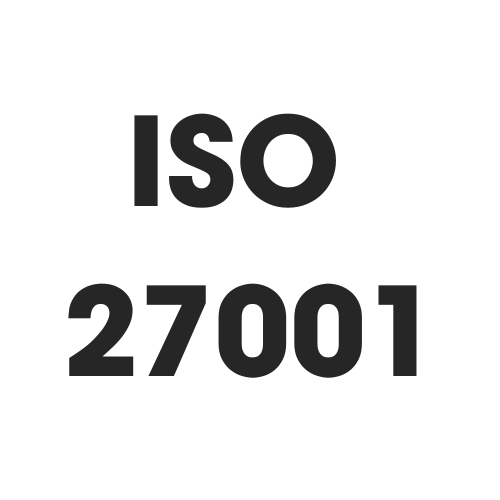Developing a clinical governance framework for excellence in care
We speak to Clinical Governance Lead, Rowena Tunks about clinical quality, safety and how clinical governance is everyone’s business at EQL.
Leading the way in clinical governance
Our latest key hire Clinical Governance Lead, Rowena Tunks, is responsible for the overarching clinical governance framework that will stipulate the different types of processes and audit standards and guidelines that EQL will adhere to.
That framework will focus on clinical quality and safety and encompass areas across the entire company; from who we recruit and their level of clinical expertise and experience, through to looking at the end products in terms of the outcomes that the patients get, and all the review processes in between.
Across the entire patient journey, the application of different aspects of governance will allow us to go back and look at what we've achieved to identify ways we can keep improving. It will help steer us towards setting precedents for the integration of clinical excellence and innovative technology.
The overall governance framework will be founded on the necessary statutory obligations and structured to fit EQL’s company objectives, prioritising different components and layering in an extra degree of quality.
“Making sure that we're providing products and services that don't just meet those basic requirements but exceed them, is very much at the heart of EQL’s ethos,” said Rowena.
The framework will not be set in stone, it will be reviewed continuously - on the basis of any changes in statutory requirements, following a data review of management information or feedback from users, or to incorporate empirical evidence from research. All these elements will feed into the improvement cycle.

“Making sure that we're providing products and services that don't just meet those basic requirements but exceed them is very much at the heart of EQL’s ethos,”
A lifetime of clinical experience
Rowena previously worked with a rehabilitation intermediary that provided rehab services throughout the UK for a large network and sees her role at EQL as an opportunity to pull together the different facets of her extensive clinical experience: working in the NHS and private system; in the UK and abroad; and in academia and the commercial sector. What these roles all have in common she believes is a very, very, strong thread.
“I entered the health profession as somebody who cares about what happens to people,” she said. “That is still very much at the centre of what I build. I'm very privileged because I can actually take care of what happens to an awful lot more people from my new position, rather than just the 15-20 patients a day that I would be seeing myself in a purely clinical role. It's fantastic to be in a position to be able to influence that kind of outcome for so many people.”
The initial approach to clinical governance which came out of the NHS looked at things like quality in audit and risk management, but that’s evolved over time into a more fluid approach that's very much centred around the patient and the patient experience, and is serviced by a very strong evidence-based approach to providing health and medical services. Over time, stakeholders have come to appreciate the necessity and benefits of strong clinical governance.
Governance is crucial to ensure there is a high level of accountability, raise standards and give people an expectation, so that the users of the service —the patients and the other stakeholders — know what they can expect in terms of their outcomes and what is going to happen to them, and what the risks and benefits are at every point on their patient journey.
“From the customer point of view, governance offers a level of surety and reassurance that there's a certain standard and that helps to set and meet expectations. Expectation is essential in determining satisfaction. And again, satisfaction is instrumental in determining retention and progress with the kinds of innovations EQL is developing.”
Clinical governance involves every team member
Rowena believes that clinical governance is everybody's business in EQL, whether they’re clinical or not.
“We're working on a clinical product,” she said, “so it's important that everybody understands the role of clinical governance in their everyday work and how it relates to them and how their individual contribution fits into our overall clinical governance jigsaw puzzle.”
“Ultimately my aim is to help EQL reach the standards that they aspire to, make sure that those standards are managed well so that we can keep on improving and keep on moving forward, always with the patient at the heart of what we're doing.”

.png)











.png)




.png)